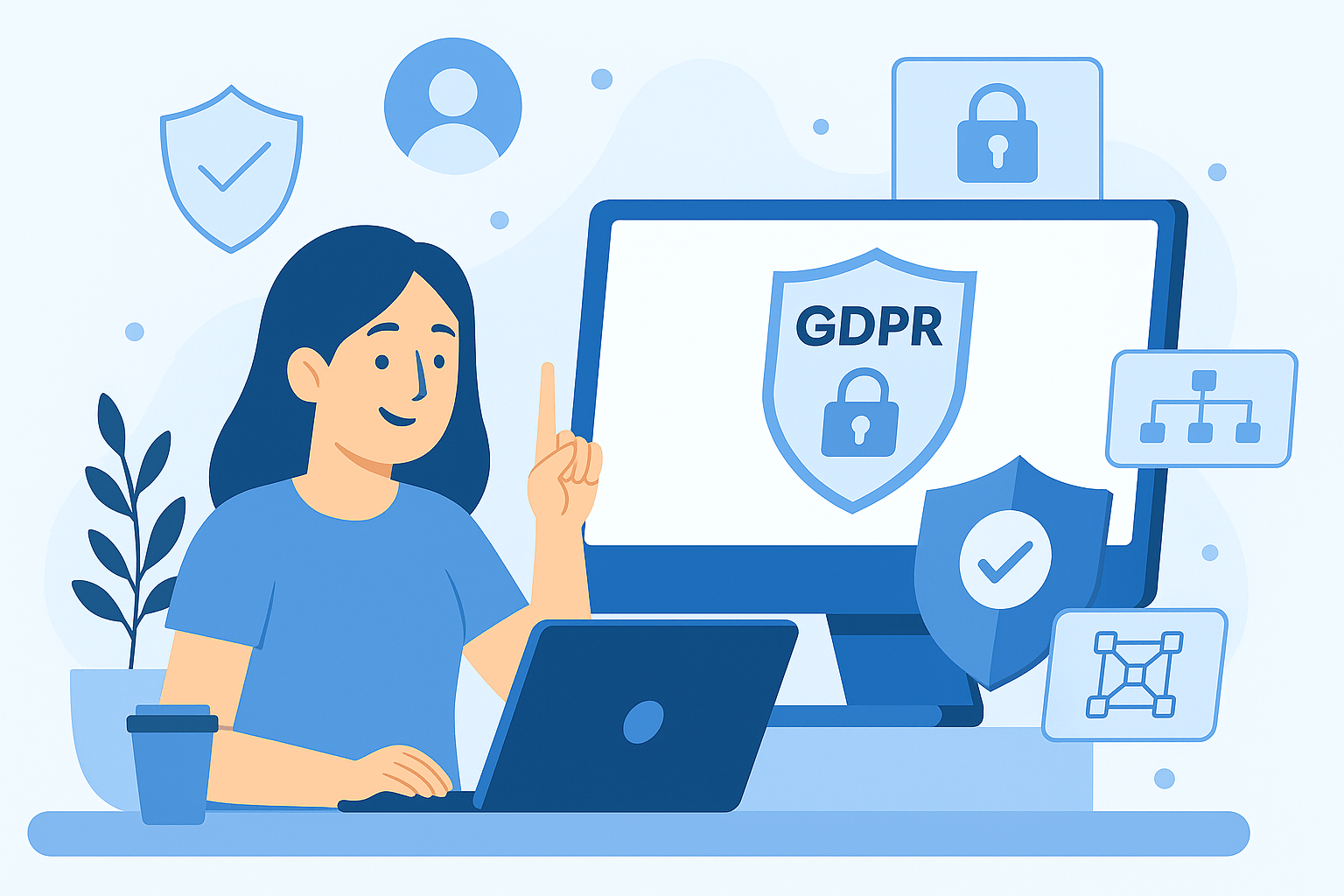GDPR Compliance at the Core
CZone fully aligns with the General Data Protection Regulation (GDPR – EU 2016/679), which governs data protection and privacy for individuals within the European Union.
Key compliance measures include:
🔐 Data Minimization:
Only essential information is processed; unnecessary or excessive data is never collected.
⚖️ Purpose Limitation:
Data is used solely for identity verification, certification, and legal validation.
🕒 Retention Control:
Personal data is stored only as long as required for verification and compliance.
🧾 Right to Access and Erasure:
Users can request access, correction, or deletion of personal information at any time.
🧩 Transparency:
All processing activities are traceable and auditable within the platform.
Every verification (KYC/KYB), timestamp, or certificate issued via CZone follows GDPR-compliant protocols, ensuring both legal validity and user privacy.

